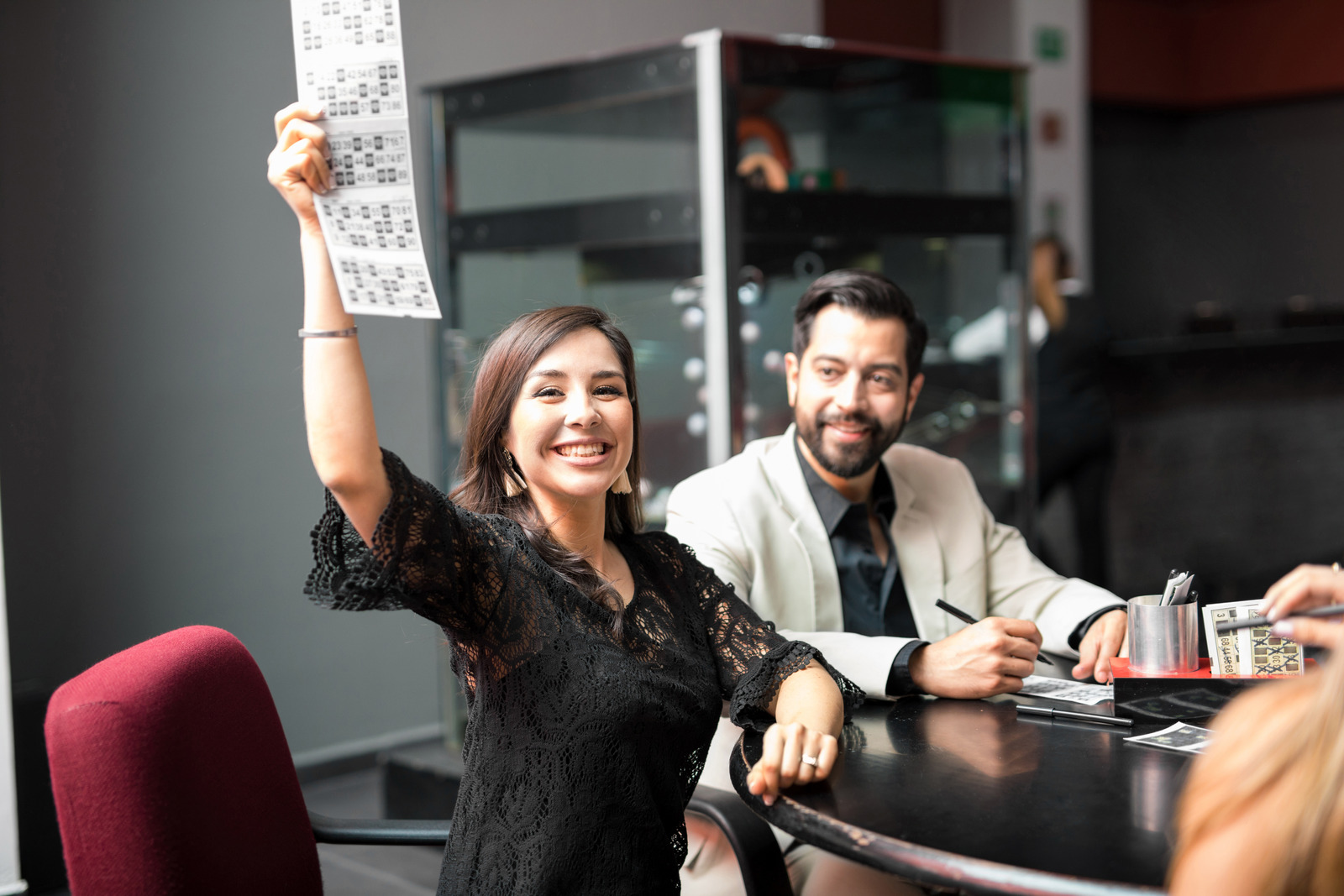It might come as a surprise but Bingo is a game that’s actually been around for centuries in one form or another. The name is a lot more recent, but the game itself can trace its origins back to 16th century Italy.
These days players can play various games like Bingo slots online, but let’s take a look back to see just how this classic game got to where it is now.
The earliest origins of Bingo
Like many games, the exact origins of what would eventually become Bingo are a bit murky. But it’s widely agreed that its earliest roots trace to a game known as Il Gioco del Lotto d’Italia.
As the name suggests, this was an Italian lottery game that started somewhere around the 1530s. This was a weekly game played in town squares, with players waiting to see if their number would be called.
It quickly took off as a format, spreading to other regions before crossing the borders into neighbouring European countries.
Development in France
When the game came to France its name simplified to Le Lotto. During the late 18th century many French aristocrats proved partial to the game, which was played in ballrooms and parlours throughout Paris.
It was here that the more familiar element of the Bingo card entered the fray. The card featured a selection of numbers which players aimed to mark off first, with each pulled out of a selection of balls and called by a dedicated caller.
This version already looks a lot like modern Bingo, with the card design sticking closer to the 90-ball Bingo variety most popular in the UK.
Crossing the Atlantic
Perhaps the biggest single step in the journey to become Bingo came when the game crossed the Atlantic, landing on the shores of the US in the early 20th century.
Another name change accompanied the move, with players knowing the game as ‘Beano’. As the game was generally played in carnivals and travelling fairs, players had to use beans to mark off numbers on their cards – hence the name.
It wasn’t long before Beano became Bingo, all thanks to a New York toy salesman by the name of Edwin S Lowe. After coming across a game of Beano being played at a carnival, Lowe was inspired to create a commercial set for play in the home and decided to rebrand.
Lowe also oversaw the creation of thousands of different variations of the 5×5 Bingo card, meaning there was less chance of two players having the same combination of numbers in a game.
Modern Bingo
Bingo saw a sharp rise over the course of the 20th century, with many dedicated Bingo halls springing up across the US and UK. While the two countries had different formats – 90-ball and 75-ball – they still went by the same name of Bingo.
By the time the internet started to take off in the 1990s, the number of land-based Bingo halls had already started to drop. But as Bingo was adapted for online play, this gave the game a fresh lease of popularity.



 Bitcoin
Bitcoin  Ethereum
Ethereum  XRP
XRP  Tether
Tether  Solana
Solana  USDC
USDC  TRON
TRON  Lido Staked Ether
Lido Staked Ether  Cardano
Cardano  Avalanche
Avalanche  Toncoin
Toncoin